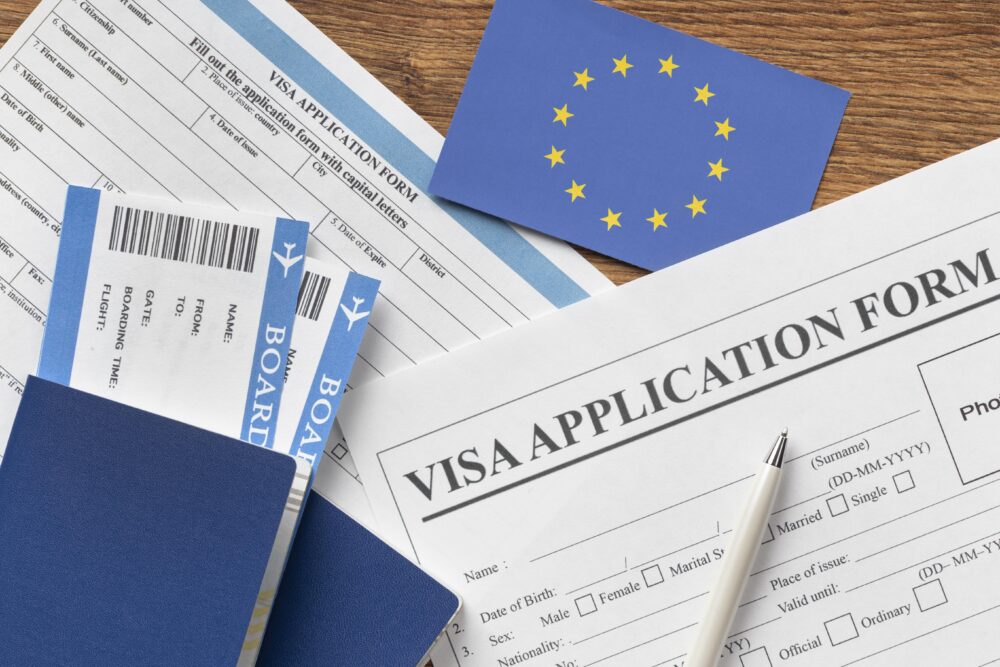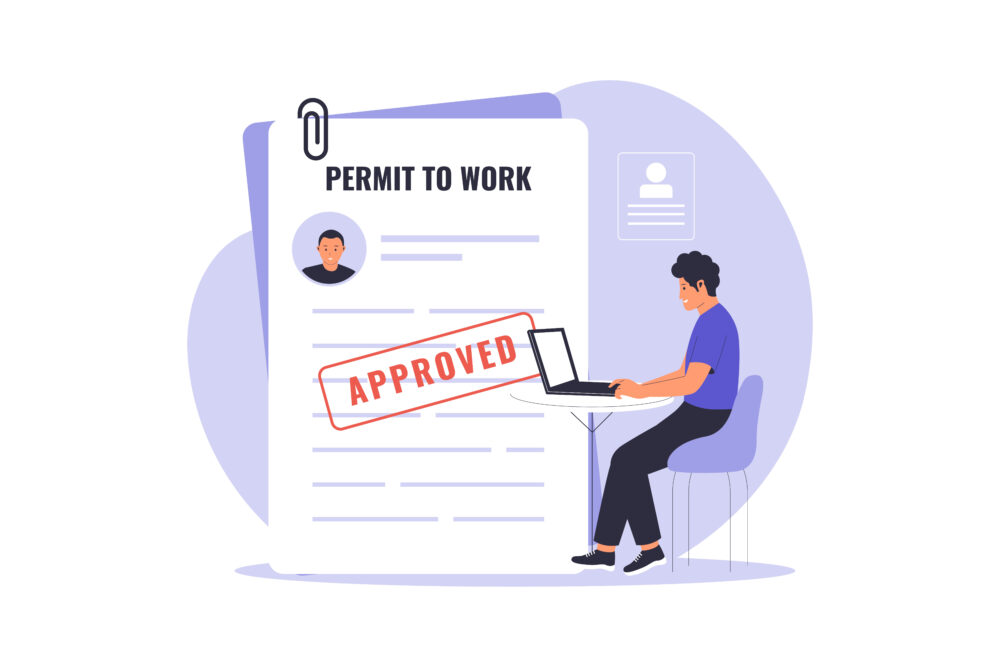The Right to Disconnect has garnered significant global attention over the past two decades and has become one of the most formally recognized labor rights in multiple jurisdictions. This right refers to an employee’s right to be able to disengage from work and refrain from engaging in work-related electronic communications, such as emails, telephone calls or other messages, outside normal working hours.(1) On August 26, 2024, the Right to Disconnect was officially enacted in Australia, further strengthening the global movement toward the legal recognition of this right.
The legal foundation of the Right to Disconnect is believed to have originated from a ruling by the French Court of Appeal in 2001, which affirmed that employees were not obligated to perform work-related duties from home.(2) In 2016, France became the first country to formally legislate this right as part of its Labor Code reforms.(3) Following France’s precedent, Spain, Italy, Belgium, Portugal, and Ireland have enacted legislation or policies recognizing the Right to Disconnect.(4) Additionally, on January 21, 2021, the European Parliament adopted Resolution 2019/2181, emphasizing the necessity of this right within the European Union and reflecting the increasing global consensus on its legal significance.
In Australia, on August 26, 2024, the Fair Work Act 2009 was amended to include provisions on the Right to Disconnect, which came into effect for businesses with 15 or more employees. For businesses with fewer than 15 employees, these provisions will take effect on August 26, 2025. Specifically, under Section 333M of the Act, an employee may refuse to monitor, read or respond to contact, or attempted contact, from an employer outside of the employee’s working hours unless the refusal is unreasonable.(5)
Without limiting the matters that may be taken into account in determining whether a refusal is unreasonable for the above purposes, the following must be taken into account: (1) the reason for the contact or attempted contact; (2) how the contact or attempted contact is made and the level of disruption the contact or attempted contact causes the employee; (3) the extent to which the employee is compensated to remain available to perform work during the period in which the contact or attempted contact is made or for working additional hours outside of the employee’s ordinary hours of work; (4) the nature of the employee’s role and the employee’s level of responsibility; (5) the employee’s personal circumstances (including family or caring responsibilities). In the event of a dispute, the Fair Work Commission (FWC) will assess the reasonableness of the employee’s refusal.
In Vietnam, according to data published by Anphabe in 2024, the happiness index of Vietnamese employees has reached its lowest level in the past five years.(6) In addition to financial concerns and family responsibilities, employees’ physical and mental health is a critical factor in maintaining stable labor relations. To safeguard employees’ well-being, the 2019 Labor Code and its implementing regulations establish provisions on working hours, rest periods, and overtime. However, these legal provisions are widely regarded as insufficient to comprehensively prevent excessive working hours, eliminate coercion in labor relations, or fully restrict employer-initiated contact outside of working hours.(7) Given the increasing pressures on employees, the introduction of the Right to Disconnect in Vietnam has been proposed as a legal mechanism to protect employees’ mental health and ensure a healthier work-life balance.(8) In light of Vietnam’s commitment to international labor standards, the formal recognition and implementation of this right are considered an inevitable development.
Although the Right to Disconnect has been legislated and enforced in Australia and various other jurisdictions, it remains a subject of legal debate. Proponents argue that it is necessary to prevent undue intrusion of work into employees’ personal lives and to uphold labor rights, while opponents contend that it may negatively impact productivity, operational flexibility, and business efficiency.(9) Nonetheless, the Right to Disconnect reflects a growing global commitment to enhancing employee protections in the digital era, aligning with evolving labor law principles and international best practices.
(1) Workplace Relations Commission (2021), Code of Practice for Employers and Employees on the Right to Disconnect, page 4, https://www.workplacerelations.ie/en/what_you_should_know/codes_practice/code-of-practice-for-employers-and-employees-on-the-right-to-disconnect/.
(2) Nguyen Duy Dung, Nguyen Hai Yen, Tran Nguyen Quang Ha (2022), The right to disconnect in Europe and some suggestions for Vietnam, Science & Technology Development Journal: Economics- Law & Management, 6(2), 2823-2831, https://stdjelm.scienceandtechnology.com.vn/index.php/stdjelm/article/view/883#title9.
(3) Mark Bell, Marta Lasek-Markey, Alan Eustace and Thomas Pahlen (2021), A Right to Disconnect: Irish and European Legal Perspectives, A Public Policy Report of the Covid-19 Legal Observatory, School of Law, Trinity College Dublin, https://www.tcd.ie/law/2020.21/Final%20RTD%20report.pdf.
(4) Harsh Jain (2024), The Right to Disconnect: Balancing Work and Well-being in the Digital Age, NLIU Law Review, https://nliulawreview.nliu.ac.in/blog/the-right-to-disconnect-balancing-work-and-well-being-in-the-digital-age/.
(5) Section 333M, Volume 2, Fair Work Act 2009, https://www.legislation.gov.au/C2009A00028/latest/text/2.
(6) Nguyen Vy (2024), 74% of Vietnamese employees feel their income is not enough to cover their living expenses, Dan Tri Newspaper, https://dantri.com.vn/lao-dong-viec-lam/74-nhan-su-viet-cam-thay-thu-nhap-khong-du-trang-trai-cuoc-song-20241119161342157.htm.
(7) Do Tran Ha Linh, Nguyen Ha Vi Khanh, Pham Thi Minh Phuong (2024), Employees’ right to disconnect in the digital age – Regulations of the European Union and some suggestions for Vietnam, Democracy and Law Journal, Issue 2 (No. 405), May 2024, https://danchuphapluat.vn/quyen-duoc-ngat-ket-noi-cua-nguoi-lao-dong-trong-thoi-dai-ky-thuat-so-quy-dinh-cua-lien-minh-chau-au-va-mot-so-goi-mo-cho-viet-nam.
(8) Xem: Nguyen Duy Dung, Nguyen Hai Yen, Tran Nguyen Quang Ha (2022), op. cit.; Do Tran Ha Linh, Nguyen Ha Vi Khanh, Pham Thi Minh Phuong (2024), op. cit.; Dao Thi Thu Hang (2024), Ensuring the right to stop work-related communications of Vietnamese employees from an international human rights perspective, Vietnamese Journal of Legal Sciences, 06(178), 95-103, https://khoahocphaplyvietnam.edu.vn/vjls/article/view/27.
(9) Lewis Jackson (2024), Australian employees now have the right to ignore work emails, calls after hours, Reuters, https://www.reuters.com/world/asia-pacific/australian-employees-now-have-right-ignore-work-emails-calls-after-hours-2024-08-25/.
Disclaimers:
This article is for general information purposes only and is not intended to provide any legal advice for any particular case. The legal provisions referenced in the content are in effect at the time of publication but may have expired at the time you read the content. We therefore advise that you always consult a professional consultant before applying any content.
For issues related to the content or intellectual property rights of the article, please email cs@apolatlegal.vn.
Apolat Legal is a law firm in Vietnam with experience and capacity to provide consulting services related to Employment and contact our team of lawyers in Vietnam via email info@apolatlegal.com.





































